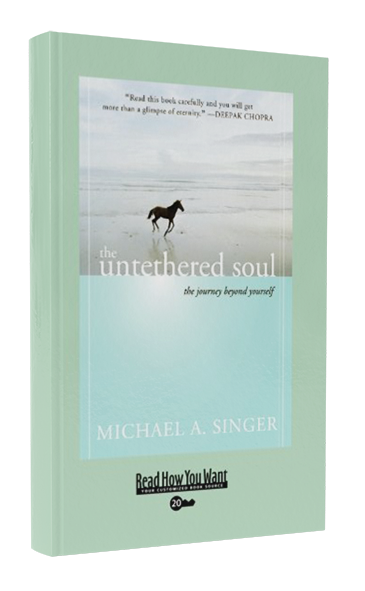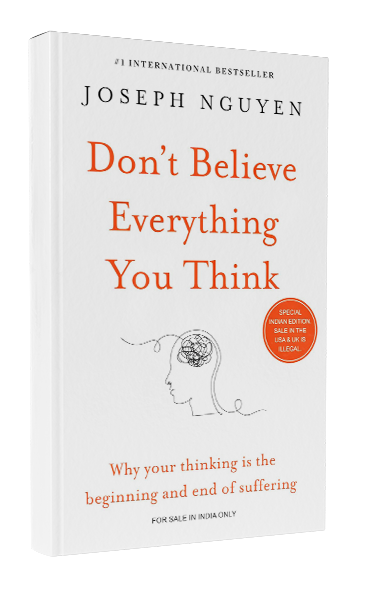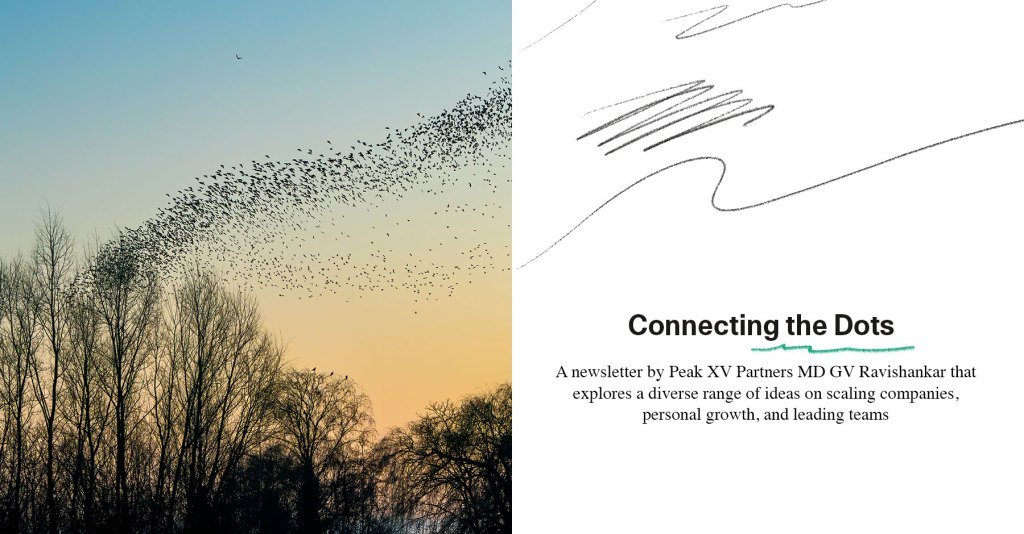“Hara Hachi Bun Me” – The Secret to Longevity in Life & Business
ByGV Ravishankar
PublishedOctober 30, 2023
Living to 100 is a super-low probability event and such longevity is worth studying for its lessons.
A few weeks ago, I watched “Live to 100: Secrets of the Blue Zones”, a limited series on Netflix. Note – if it ain’t limited I am not going into one, because my commitment phobia sets in! While I had read about the value of a Mediterranean diet and the philosophy of ikigai of the Japanese people in the context of longevity, the thing that struck a real chord with me from the show was the philosophy of hara hachi bun me, which translates to “eat until you are 80% full”.
People in Japan’s Okinawa prefecture have among the highest densities of centenarians in the world. Living to a 100 is a super-low probability event and such longevity is worth studying for its lessons. But beyond human longevity, there may be a lesson from hara hachi bun me when it comes to building enduring businesses.
The year 2021 was a feast when it came to startup fundraising and VC FOMO (that’s ‘fear of missing out’ in case you thought it was something more exciting). This article focuses on the lessons we can learn from the funding boom and what founders can do if we ever enter another bull market.
Having seen a few cycles, I will confess that it is incredibly hard to navigate these times, and one can only create frameworks to use more dispassionately in the future. To understand what eating has to do with building an enduring company, we need to understand the human body and our metabolism better.
When we eat, food gets digested and carbohydrates are converted to glucose, protein to amino acids, and fat to fatty acids and glycerol. These are absorbed in the small intestine and find their way into the bloodstream to be carried to our cells. Insulin is secreted by the pancreas to manage the glucose levels in our blood and facilitates the uptake of glucose by our cells.
Insulin also has other significant functions, including aiding protein synthesis and inhibiting the production of glucose by our liver. But, let’s stick to the role of insulin in managing blood glucose, which is more relevant for our discussion.
When our diet is poor or we eat a lot, and too often, our blood glucose spikes significantly, resulting in frequent releases of insulin. This causes our cells to become desensitized to insulin. More insulin is then needed in the blood to get the cells to respond – this is the hallmark of insulin resistance. More insulin in the blood can cause excess fat storage in our body and further increase hunger and cravings, especially for sugary or carbohydrate-rich foods. Overall, this results in significantly poorer health and the onset of diseases, including Type-2 diabetes. I am being simplistic in my description of what happens to your body, but you get the broad idea of how overeating or a poor diet can lead to a reduction in health span.
Now, let’s talk about startups and capital allocation. When we have a fundraising feast like the one we saw in 2021, companies load up on capital — the argument being that capital is cheap and that we should take as much to ensure we have enough cash to build a large and enduring company.

So far, nothing is wrong with this idea because this may be how we humans may have eaten in the pre-agriculture days when we had no guarantees of our next meal – load up when you can and your fat reserves from the feast are what will take you through a time of scarcity. When it comes to company building, the problem is what happens post that load-up.
Having large amounts of capital results in companies making poor capital allocation decisions, designing compensation structures that aren’t sustainable in the long term, and creating a culture that doesn’t promote frugality.
Increased capital also stimulates more ambition and new projects get launched. Existing projects clamor for more resources because the increased ambition calls for faster delivery of projects. And all the while one’s competitors are also swimming in cash. We want to be ahead of them, don’t we? This results in the company taking on too much at unsustainable cost structures, resulting in significant burn. While that’s theoretically OK since there is still a lot of runway, what’s not OK is the company’s “desensitization” to capital and the loss of efficiency in how money is spent.
Now we have our very own version of insulin resistance: capital and resources are thrown at everything and the more that happens, the less seems to get accomplished! If it sounds familiar, that’s because we have all seen this story play out in the aftermath of 2021.
This is why hara hachi bun me is relevant to us as startup founders. When we raise capital that theoretically solves only 80% of demand, we allow ourselves the opportunity to run a more focused and efficient business. We keep the string taut and don’t allow for slack in the system. We prioritize ruthlessly and prevent bloating across the system. Our marketing will be sharper, our product teams will run more efficiently, and every dollar will deliver more. The joy of building will remain and the burden of managing will ease. If that also sounds familiar to some of you, we know that’s what you have done in 2023.
Across many portfolio companies that have cut 20% to 30% of their costs, we have seen things get better, with higher quality execution and healthy, sustainable growth.
Cutting access to capital once in a while forces the system to reallocate resources in a way that the overall system becomes more efficient. It acts like fasting, where your body burns the fat to release energy, thereby improving your health. Fasting also leads to autophagy (a cellular cleanup) where damaged or unnecessary cellular components are removed and recycled. When you starve your body a bit, it actually gets healthier. It’s no different for our companies as we observed!
With more mindful eating, you avoid insulin resistance and keep the body in top condition. Adopting a healthy diet could help reverse insulin resistance and set you on the path to longevity, much like the people of Okinawa.
Hara hachi bun me can serve as a useful reminder in the future about the mindful choices we need to make, even if resources are abundant. After all, you can’t expect to build an extraordinary company by following the herd and swaying with the markets! So the next time we are in feast mode, let’s think about how we can eat mindfully, allowing ourselves a chance to be that centenarian!
Having large amounts of capital results in companies making poor capital allocation decisions, designing compensation structures that aren’t sustainable in the long term, and creating a culture that doesn’t promote frugality.
Here are three articles I read over the last few weeks that I found interesting:
The Resourceful Life: I enjoyed reading this piece by Venkatesh Rao, where the author describes resourcefulness as “steady, patient, problem-solving persistence”. I could find parallels in the text with some founders and with one of my own partners at Peak XV. Some of these “resourceful” people are constantly in a mode where they can be imaginative, finding ways to do things differently to move the needle forward.
The Company That’s Been Making Balsamic Vinegar for Over 400 Years: While on a trip to Italy, I came across a bottle of balsamic vinegar that caught my attention as it said “dal 1605”. I have been somewhat obsessed with longevity, especially in companies, and this led me to some research on the history of Giuseppe Giusti, which is the oldest surviving company manufacturing balsamic vinegar.
Iatrogenics: Why Intervention Often Leads to Worse Outcomes: From the Farnam blog, this is a really interesting piece that gets you to think carefully about jumping in to fix other people’s situations. As VCs, there is an urge to add value to our companies, and I often ask myself if I am qualified to advise. Many times, a startup’s founder is a lot closer to the situation than I am, and if we pattern-match wrongly, we could end up causing more harm than good. The principle of “do no harm” is a good starting point, even for non-doctors!
If you have time for a longer read, here are two books I’d like to recommend:

The Untethered Soul by Michael A. Singer
Touted by a few in my circles as the book that initiated them onto a spiritual path, Michael A. Singer’s The Untethered Soul is a guide that explores how to free yourself from the limitations of your inner self. It encourages readers to observe their thoughts, emotions, and consciousness as a path to inner peace. The book offers practical insights on achieving a more liberated and fulfilling life by letting go of inner constraints.

Don’t Believe Everything You Think by Joseph Nguyen
I bought this after reading some beautiful excerpts from the book on my Instagram feed. It didn’t disappoint. Written in a straightforward and intelligible way for people to understand select Buddhist concepts, the book makes a compelling case as to why the root cause of much of our suffering lies in the act of thinking. If we learn to do less thinking or no thinking at all (if we can manage it), we can reduce anxiety and improve how we feel by staying in the moment!
Do write in at gv@peakxv.com if any of my interests intersect with yours! Click here to read more articles on Peak XV’s blog. For more editions of Connecting the Dots, click here. I’m also on LinkedIn and Twitter.
